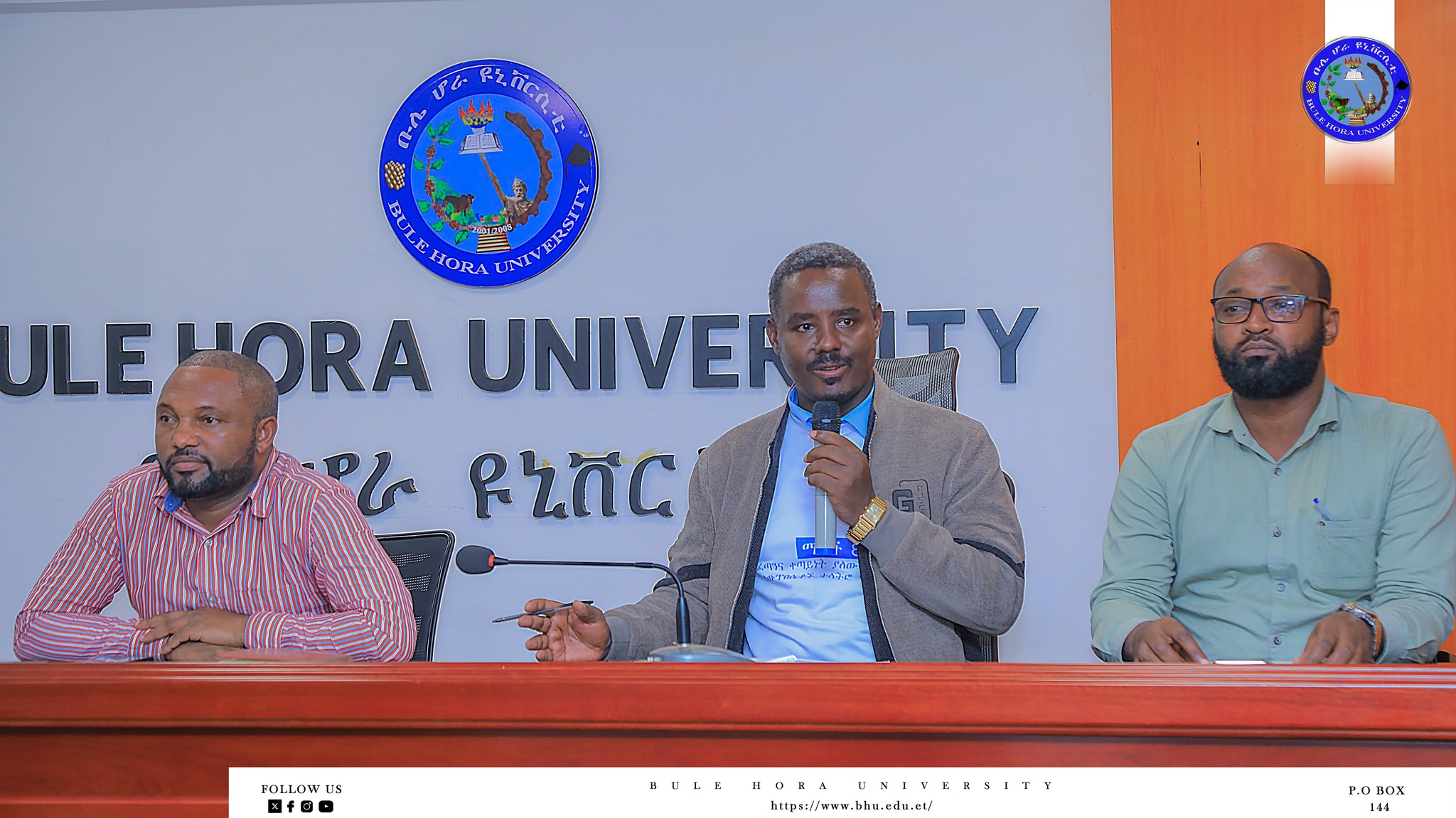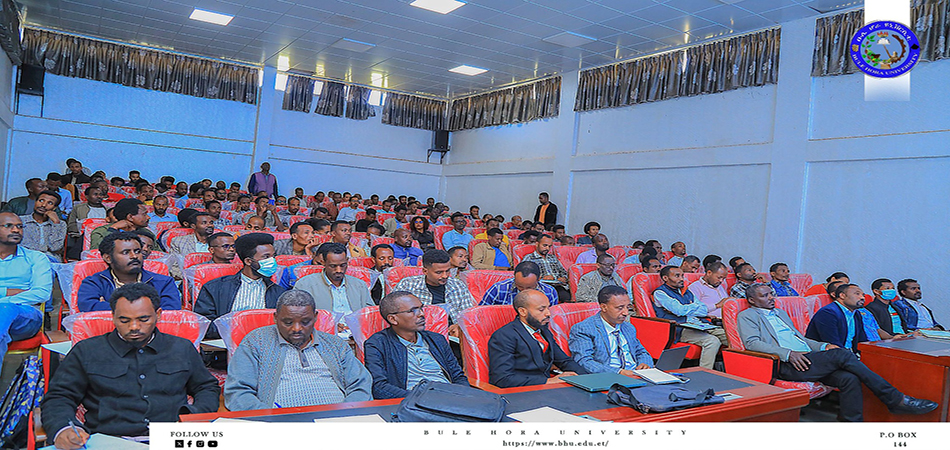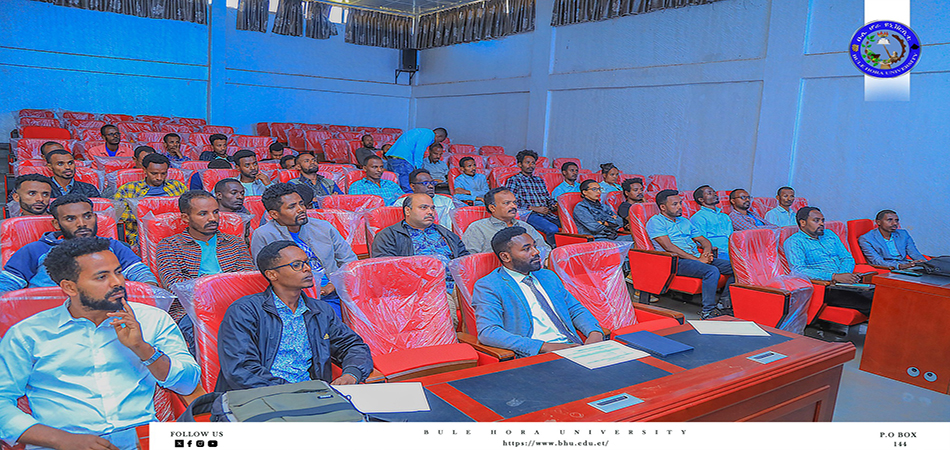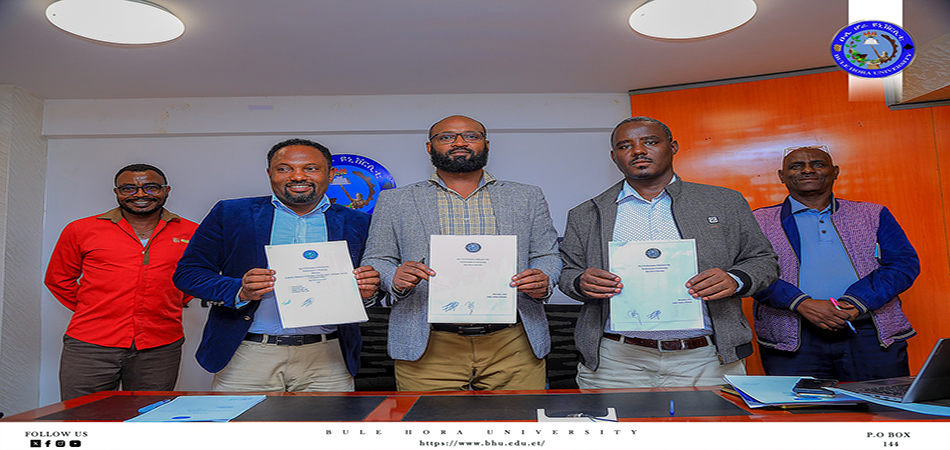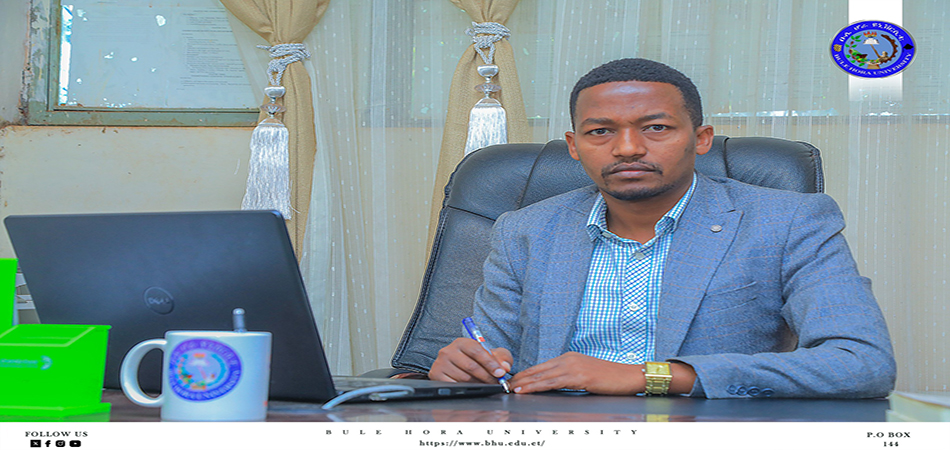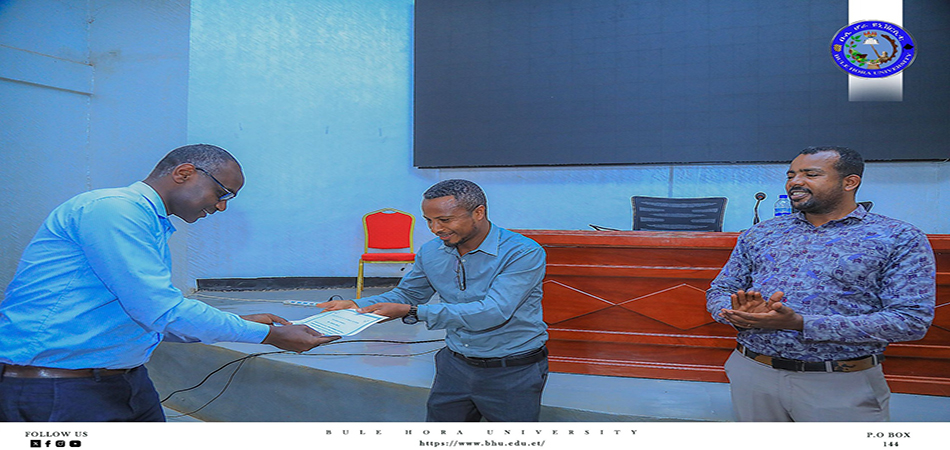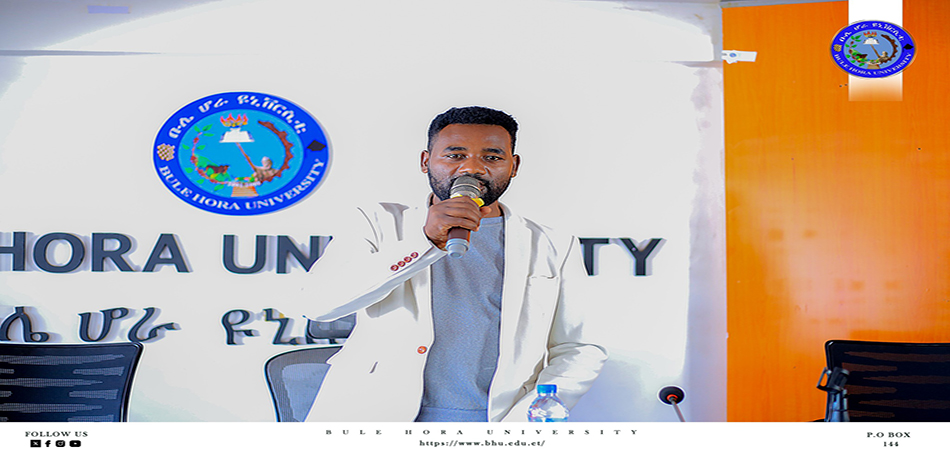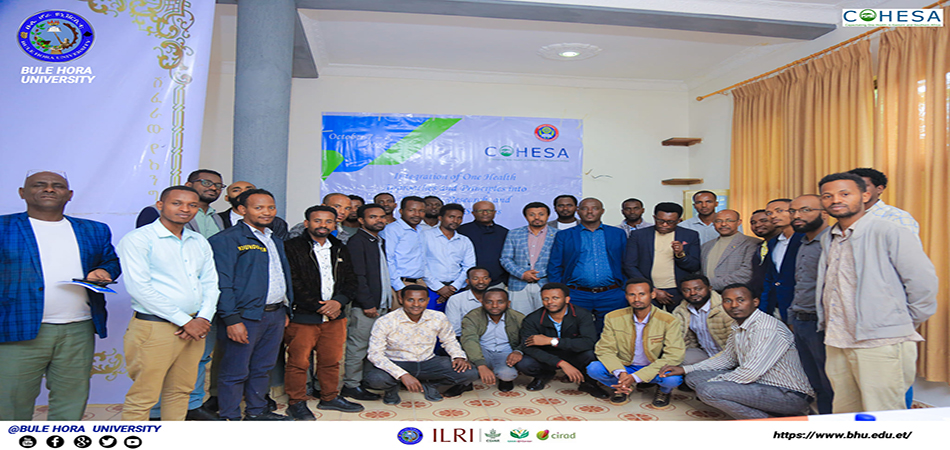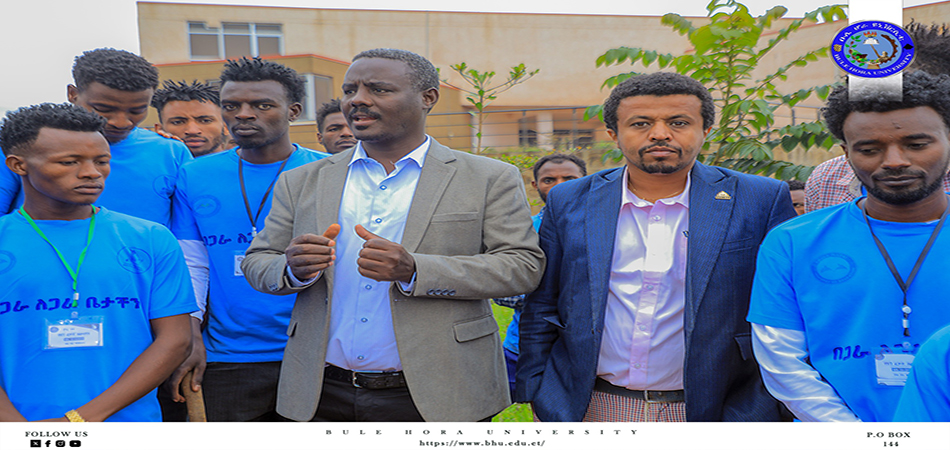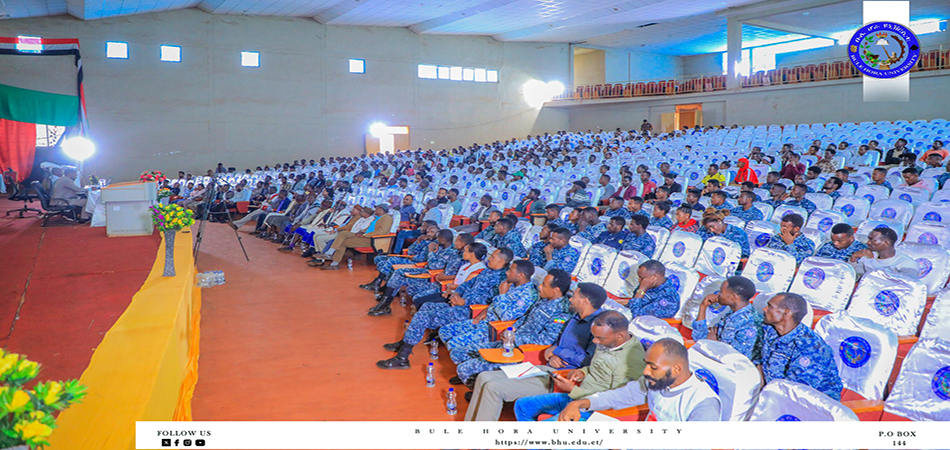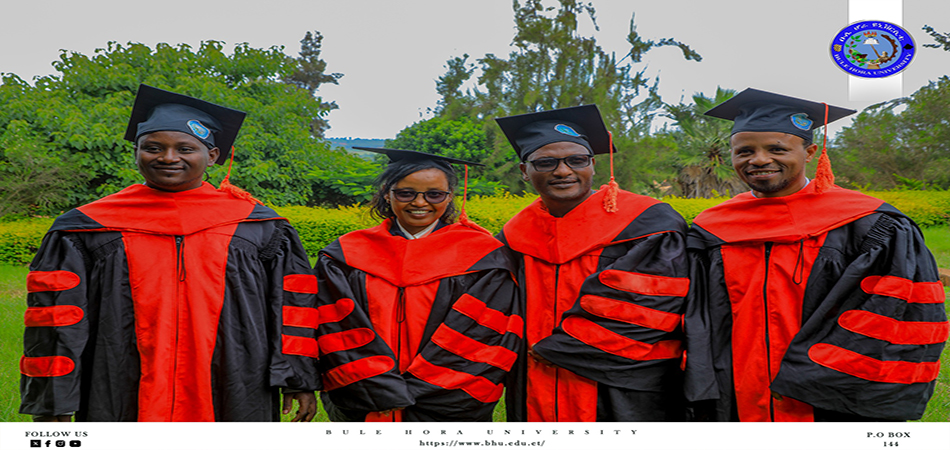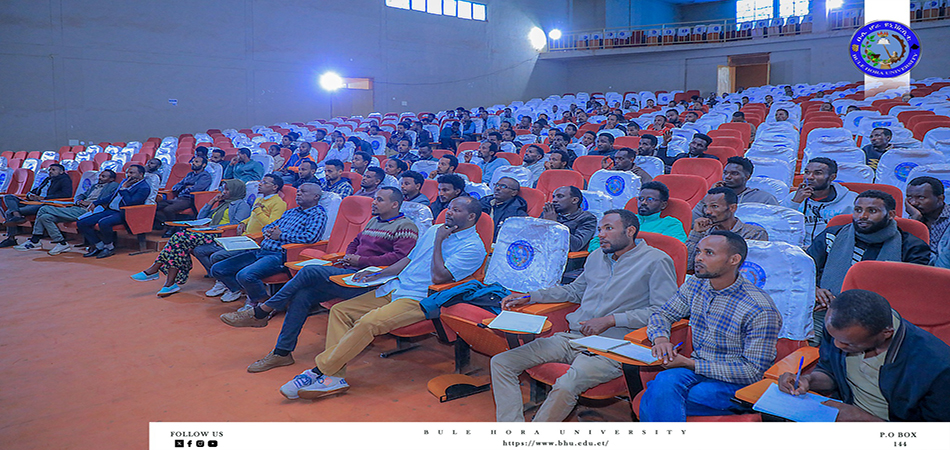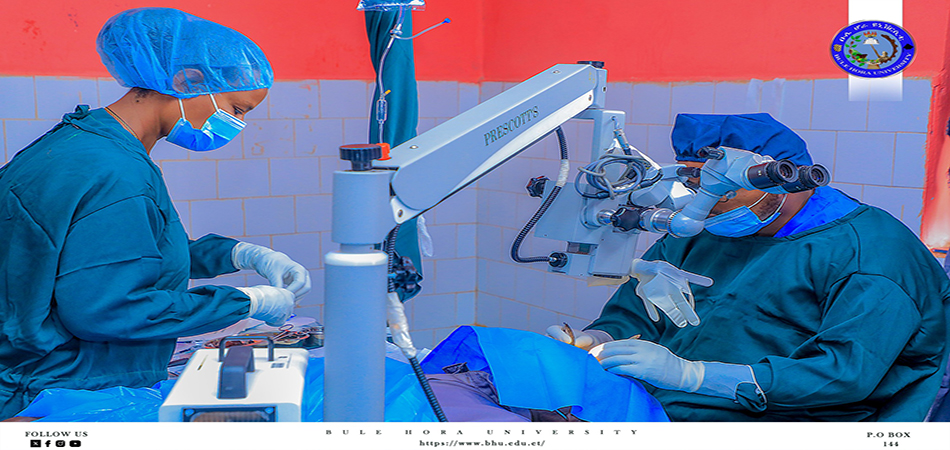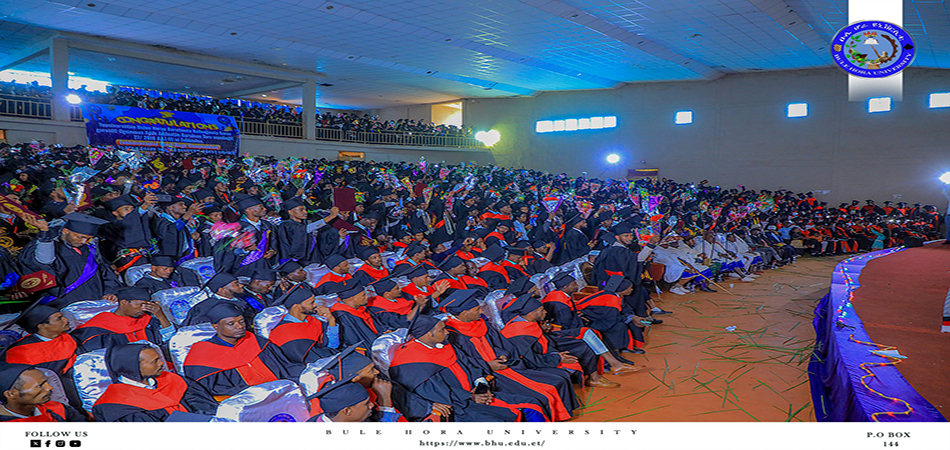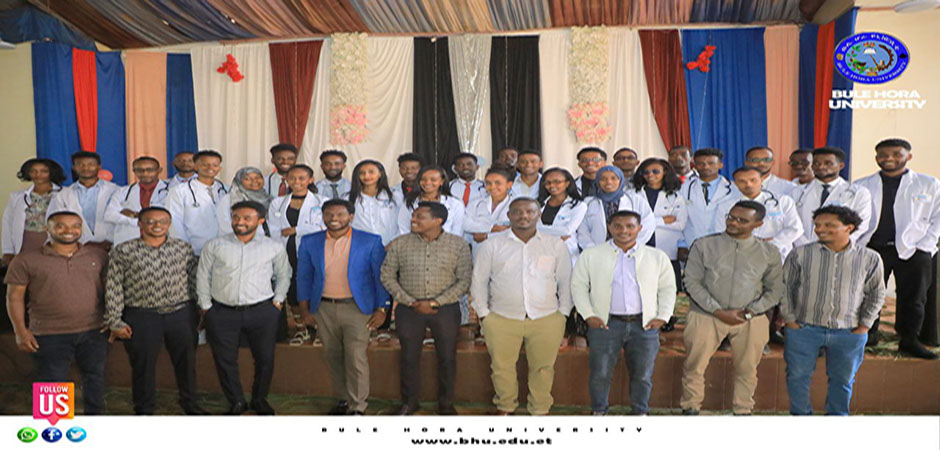General Information About Bulee Hora University Internal Audit
University Policies Related to The Audit Directorate’s Function
Internal Audit Policy
The Internal Audit Policy is a supplementary policy under the Charter of the Office of Evaluation and Internal Oversight, with the objective to outline the nature and scope of the internal audit function; its key services, processes, outputs, roles and responsibilities; as well as the applicable methodological principles and quality assurance measures. The following is defined in the Policy: (a) Nature and scope of the internal audit function; (b) Reporting lines of internal audit; (c) Professional standards; (d) Internal audit personnel: integrity and professional conduct; (e) Responsibilities of UNIDO personnel with regard to internal audit function; and (f) Key features of internal audit approach and methodology (annual risk assessment and work planning process, engagement-level processes, contribution to organizational learning, quality assurance).
Guidelines, Rules, And Governance Documents
A comprehensive document outlining "Guidelines, rules, and governance documents of internal audit" would typically include sections covering the internal audit charter, risk assessment procedures, audit methodologies, reporting standards, communication protocols, ethical guidelines, quality assurance practices, and specific procedures for various audit areas like financial, operational, and compliance audits, all aligned with recognized internal audit standards like the International Standards for the Professional Practice of Internal Auditing (IIA) standards.
Compliance and Governance Documents of Internal Audit
Compliance and governance documents relevant to an internal audit function typically include: Internal Audit Charter, Risk Management Policy, Compliance Policy, Audit Methodology, Quality Assurance Plan, Code of Ethics, Staff Competency Requirements, Audit Planning Documents, Audit Workpapers, Reporting Templates, and Communication Protocols; all aligned with the International Standards for the Professional Practice of Internal Auditing (established by the Institute of Internal Auditors - IIA) to ensure proper governance and compliance with relevant regulations and standards.
Strategic plans and frameworks
A strategic plan for internal audit is a roadmap that aligns the internal audit function with an organization's overall strategic objectives, prioritizing key risks and areas for review to ensure effective governance and control, typically utilizing frameworks like COSO (Committee of Sponsoring Organizations of the Treadway Commission) to guide the process and identify critical control points.
Key Elements Of An Internal Audit Strategic Plan:
- Risk assessment: Identifying and evaluating the most significant risks facing the organization to guide audit focus.
- Audit priorities: Determining which areas to audit based on the assessed risks and their potential impact on organizational goals.
- Audit scope: Defining the specific aspects of each area to be reviewed during an audit.
- Audit methodology: Selecting appropriate audit techniques and procedures to gather evidence.
- Resource allocation: Planning how to deploy internal audit staff and budget across different audit projects.
- Communication plan: Establishing how to effectively communicate audit results to management and stakeholders.
Internal Audit Service Directorate
Objectives፡ To enable meetings of the targets, mission, vision & activities by the ministry, achievements of value for money through controlling and ensuring the attainment of the budget to the objectives aimed, verifying the existence of effective internal control & providing advisory service to the management.
MAIN DUTIES AND RESPONSIBILILTIES
- To assure the proper implementation of government proclamation, rules, directive, policy and strategies
- Assure the procurement activities of the Ministry is done economically and effectively
- Assure the internal control effectiveness with respect to account receivable and account payable management.
- Assure the organization, completion and reliability of data’s or recording of financial and other relevant documents.
- Assure the organization have proper safeguarding of asset, the accuracy of the recording, and property administration as well as successful resource utilization.
- Assure whether the standards set by the Ministry are designed to be economical and effective and also make sure that the Ministry’s duties are done according the standards.
- To perform special investigation when there is a special mission/order by the management.
- Verify the goals, programs, projects and other activities of the Ministry are done economically, efficiently and effectively.
- Evaluate the internal control of the Ministry with respect to design effectiveness and operational effectiveness.
- To give support to external audit when needed and follow-up on the rectification of audit findings.
- To give advisory service to the management without any violation of the professional independence.
- Give advice to the management on strengthening of the internal controls to mitigate the risks that may encounter.
- Participate in the procurement of goods and services as a witness when necessary.
List of Services Provided By The Audit Excutive
A typical audit executive provides services including: risk assessment, internal control evaluation, compliance auditing, operational audits, financial statement audits, fraud investigation, consulting services, reporting to senior management and the audit committee, quality assurance and improvement, staff development, and communication with stakeholders; all aimed at ensuring the effectiveness of an organization's governance, risk management, and internal control processes.
Procedures for accessing services (forms, applications) of Internal Audit
Internal Audit Process
- Step 1: Planning. Before any audit procedures are performed, the internal auditors often start by developing the audit plan. ...
- Step 2: Auditing. Many of the auditing procedures used by internal audits are the same as external auditors.
- Step 3: Reporting.
- Step 4: Monitoring/Follow-up on Issues or Improvements Found.
Procedures for accessing services forms
To access internal audit services, typically, an employee or department within an organization would need to: submit a service request form to the internal audit function, outlining the specific area or process they want audited, the reason for the request, and desired timeline; this request would then be reviewed by the internal audit team to assess the risk and prioritize the audit, followed by communication with the requesting party regarding the audit scope, schedule, and expected deliverables.
Procedures for accessing services applications
Auditors design detailed audit procedures to obtain sufficient appropriate audit evidence. Procedures can include inspection, observation, confirmation, recalculation, reperformance, and analytical procedures, often in some combination. specific types of audit procedures.
How Internal Audit support for student, faculty, and staff?
Internal auditors in school finance management have a wide range of responsibilities aimed at maintaining the financial health and integrity of the institution.
Firstly, they are responsible for evaluating the effectiveness of internal controls and procedures in place to safeguard the school’s assets and prevent fraud.
Internal auditors in school finance management play a crucial role in ensuring the effective and efficient use of financial resources within educational institutions. Their responsibilities include:Financial Record Keeping and Reporting,Risk Assessment and Management, Compliance with Laws and Regulations, Fraud Detection and Investigation
An effective internal audit function can make a department’s current processes more efficient and effective by objectively reviewing, evaluating, and making recommendations that can streamline workflows, create efficiencies, and strengthen internal controls. Internal auditors also can compare the department’s operations to best-in-class organizations inside and outside the higher education industry.

